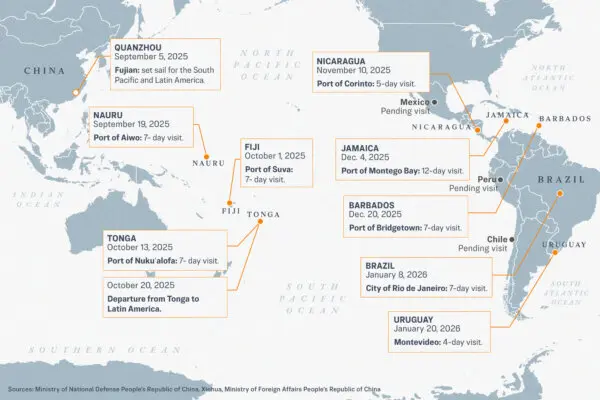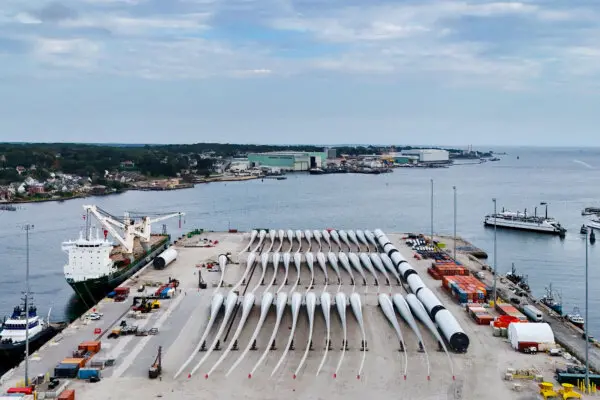If Republicans regain control of the Senate on Nov. 5, two candidate recruitment decisions made by Sen. Steve Daines (R-Mont.) early in the 2024 campaign will have likely proved significant.
Those decisions were to put the money and campaign expertise of the National Republican Senatorial Committee (NRSC), of which Mr. Daines is chairman, behind GOP political newcomer Tim Sheehy against incumbent Sen. Jon Tester (D-Mont.) and Republican Gov. Jim Justice for the West Virginia seat being vacated by Sen. Joe Manchin (D-W.Va.)










